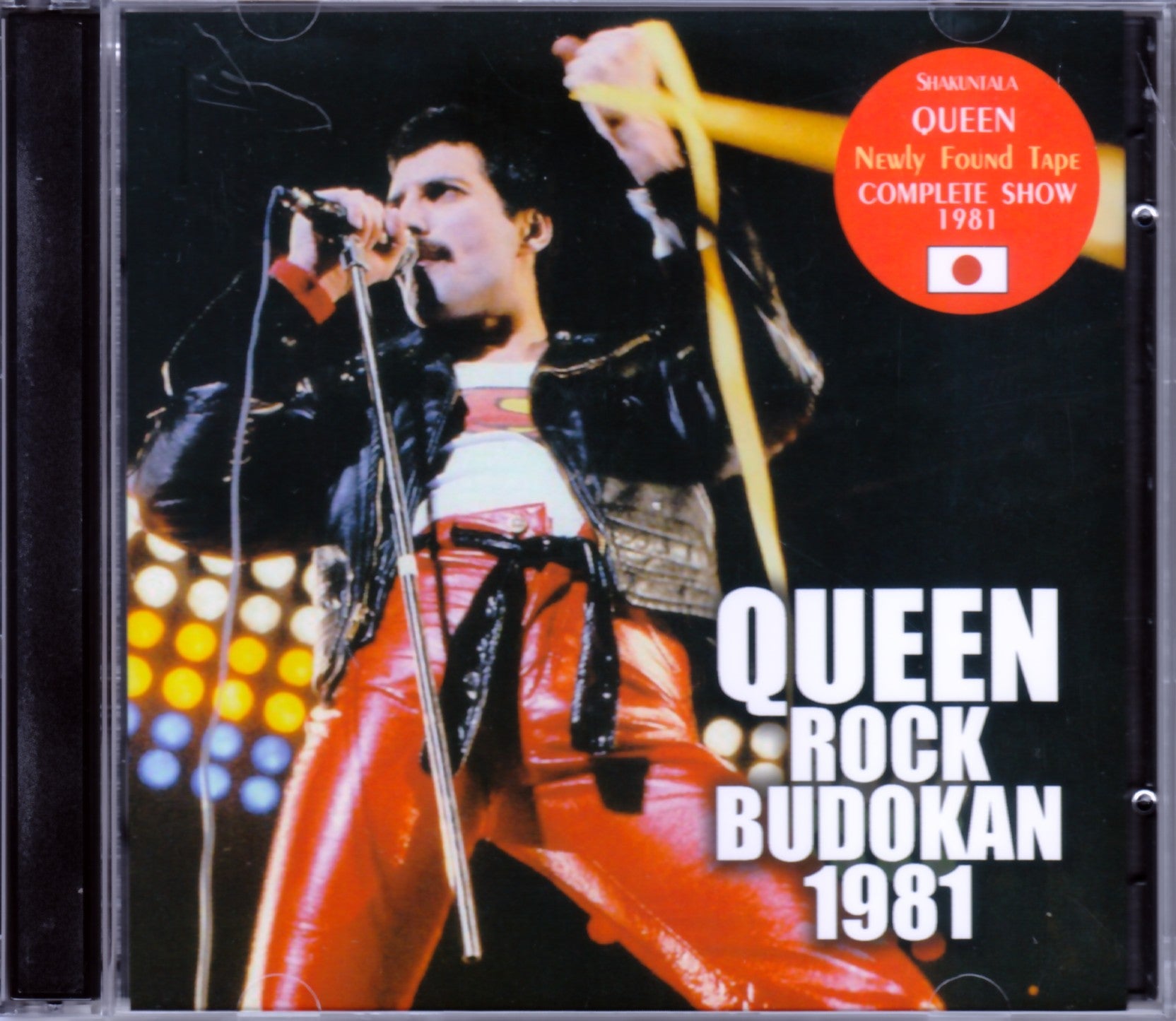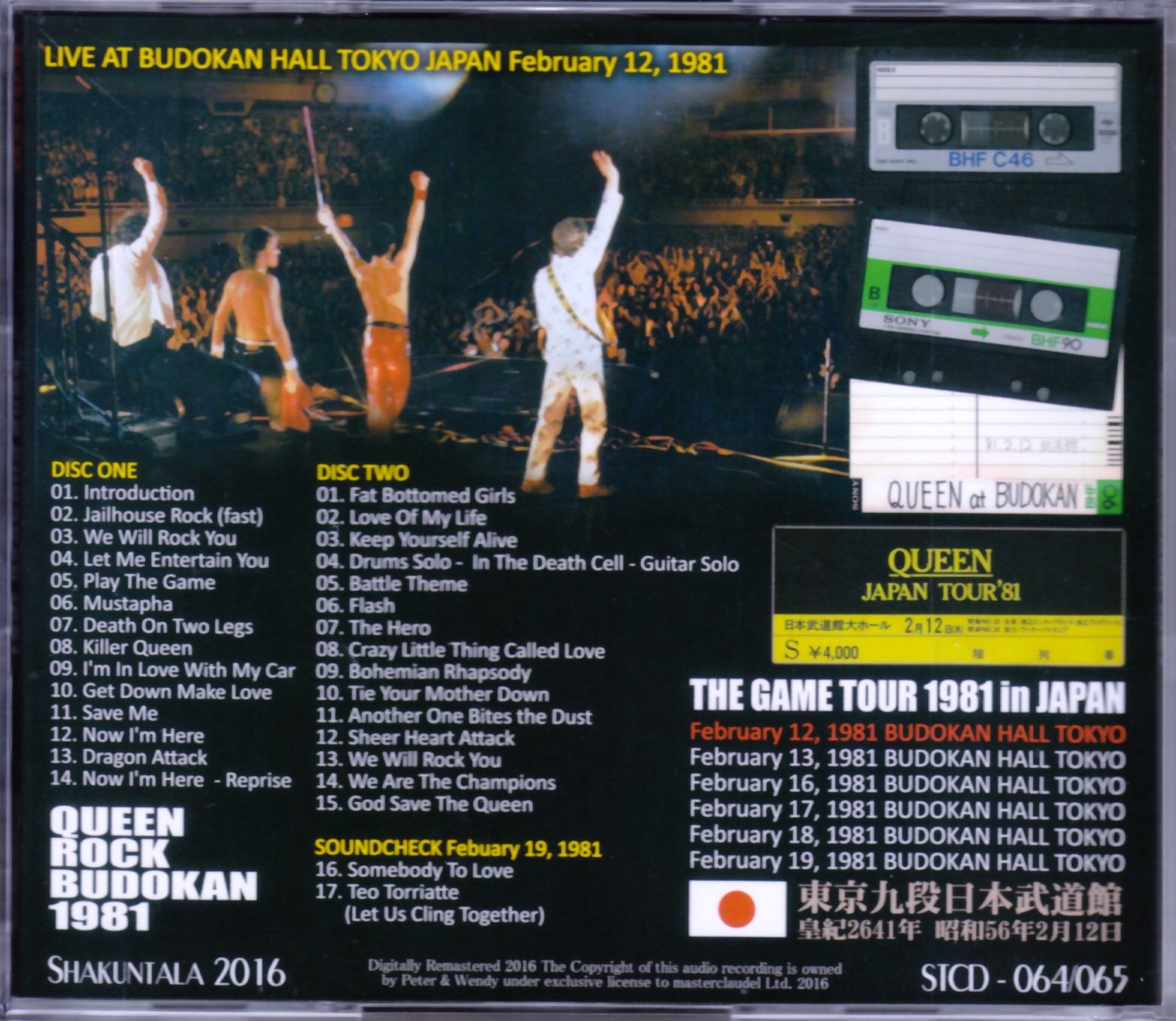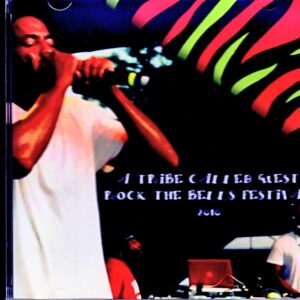Description
On March 11, 2011, an unprecedented earthquake struck eastern Japan. The scale of the earthquake was the largest in Japan’s recorded history, and although the epicenter was in the Tohoku region, the shaking was felt not only in Tokyo but also in the Kansai region, giving an idea of its magnitude. The damage was not only caused by the earthquake, but also caused serious secondary and tertiary damage, such as a large tsunami engulfing the city and the loss of power at a nuclear power plant due to the tsunami, which is still in the process of being resolved. The damage was reported around the world with shocking images, and it is having various effects. Brian May saw the news on TV and immediately issued a comment. “When I woke up this morning and turned on the TV, I saw the tsunami and it brought tears to my eyes. We have a strong bond with Japan. I hope that everyone can return to their normal lives as soon as possible, and that this tragedy will be a distant memory. I would like to send a message of love and sympathy so that they can be driven away.” There is an artist commonly known as BIG IN JAPAN. The term refers to “artists who only sell in Japan,” and artists such as The Ventures and Runaways are representative examples. Other bands that first became popular in Japan and then became stars in their home country include Cheap Trick. And Queen may be counted as one of them. As Brian said above, Japan and Queen are tied by a special bond. Since their debut in 1973, Queen has enjoyed a steady career with numerous live performances and album releases, including some hit songs. However, on the other hand, the media reception was extremely poor, and the song was subpar for hard rock, but half-hearted for glam rock, which was already a relic of the past at the time. This was unprecedented, and the media was probably struggling with how to handle it. Although they had some hits, the band remained at a low point. Meanwhile, Japan’s Music Life made a big push to Japanese fans, just like a fan club newsletter. Music Life had a tremendous influence on Western music, for which information sources were limited at the time, and as a result, it gained explosive popularity among young women, not only for its musicality but also for its idol-like elements. It is. Meanwhile, the first performance in Japan was held in 1975. The way they were received at that time, they themselves were most surprised that their music was being received so well in the Far East. With this, the members of Queen suddenly became Japanophiles. Freddie wasn’t just a Japanophile; he was interested in Japan itself, including Japanese culture, and was so engrossed in it that he even built a Japanese garden at his home. It is no exaggeration to say that Japan and Queen have a special relationship, as their 1976 album “Splendid Lace” includes songs sung in Japanese. Therefore, there are many performances in Japan, but the first visit to Japan was in 1975, followed by 1976, 1979, 1981, 1982, and 1985, the last visit to Japan during Freddie’s lifetime. They have performed in Japan six times, which shows how popular they are in Japan. There is no other artist who visits Japan with such frequency. Let me say it again. Queen and Japan are tied by a special bond. This work includes the Budokan performance on the first day of their fourth visit to Japan in 1980. In 1981, Queen released their album The Game the previous year, which became their biggest selling album in the United States. It was a time when they were at the peak of their creative work, which could be called a golden age, with two of their singles, “A Desire Called Love” and “The Road to Hell” becoming number one hits in the United States. Around the same time, he also composed the music for the movie “Flash Gordon.” Both albums marked a turning point for Queen, as they made extensive use of synthesizers, which they had previously avoided. The performance in Japan was held just at such a time. With five consecutive performances held exclusively at the Budokan, it can be said that Queen’s popularity, which is increasing rather than declining, is firmly rooted in Japan. This work is a complete recording of the first day of 5 consecutive Budokan performances in 1981, when Queen during their golden age had the No. 1 album and single in the United States. The concert had a surprising opening, opening with “Prison Rock”. It’s surprising that a band that was already a big name would start with a cover instead of their many hit songs. The second song is “We Will Rock You,” and it’s interesting that the arrangement is completely changed and it’s played at an uptempo. I think fans at the time were really surprised. And the feature of this performance in Japan is that time is devoted to the instrumental number in the second half. As mentioned earlier, it was right after the release of the soundtrack for “Flash Gordon”, so following the drum solo and guitar solo, songs from the same album were performed extensively on stage. Although it’s an instrumental, it’s far from boring, and it’s a spectacular performance that shows off the band’s technical side. The concert concludes with not only “Bohemian Rhapsody,” but also the latest hits “Desire Called Love,” “Hell to Hell,” and, this time, “We Will Rock You,” which is faithful to the original. The numbers that everyone knows keep coming together. The event concludes with the performance of “Legendary Champion.” Additionally, as bonus tracks, two songs from the sound check on February 18, 1981, the last day at Budokan, are included: “Everything in Love” and “Hand in Hand.” “All About Love” was not played on stage in the end, but it is surprising that it was played at the sound check. And although “Hand in Hand” was not played on the first day, it was played as a special song on the last day, so it must have been for that purpose. The sound source used was an unreleased first appearance sound source that had been kept in storage for over 30 years by a maniac who was present at Budokan at the time. As you can see by listening to the sample sound source, the sound quality is such that it is strange that such high-quality recordings have never been available anywhere else. Moreover, it is unbelievable that it is an uncut and complete recording. There are many recordings of Queen’s performance in Japan in 1981, but apart from Hall of Famer Peach, I don’t think there is anything that can surpass this work. That’s one of the highest sound quality in the 1981 Queen performance in Japan. A complete recording of the Budokan performance on February 12th, the first day of Queen’s 1981 Japan tour, in high-quality, first appearance sound source. Additionally, the bonus tracks include two songs from the final day’s sound check. Queen and Japan are tied by a special bond. If you listen to this work, you may be able to understand part of the reason. BUDOKAN HALL TOKYO JAPAN February 12, 1981 DISC ONE 01. Introduction 02. Jailhouse Rock) 03. We Will Rock You(fast 04. Let Me Entertain You 05. Play The Game 06. Mustapha 07. Death On Two Legs 08. Killer Queen 09. I’m In Love With My Car 10. Get Down Make Love 11. Save Me 12. Now I’m Here 13. Dragon Attack 14. Now I’m Here – Reprise DISC TWO 01. Fat Bottomed Girls 02. Love Of My Life 03. Keep Yourself Alive 04. Drums Solo – In The Death Cell – Guitar Solo 05. Battle Theme 06. Flash 07. The Hero 08. Crazy Little Thing Called Love 09. Bohemian Rhapsody 10. Tie Your Mother Down 11. Another One Bites the Dust 12. Sheer Heart Attack 13. We Will Rock You 14. We Are The Champions 15. God Save The Queen SOUNDCHECK February 19, 1981 16. Somebody To Love 17. Teo Torriatte (Let Us Cling Together)







Reviews
There are no reviews yet.